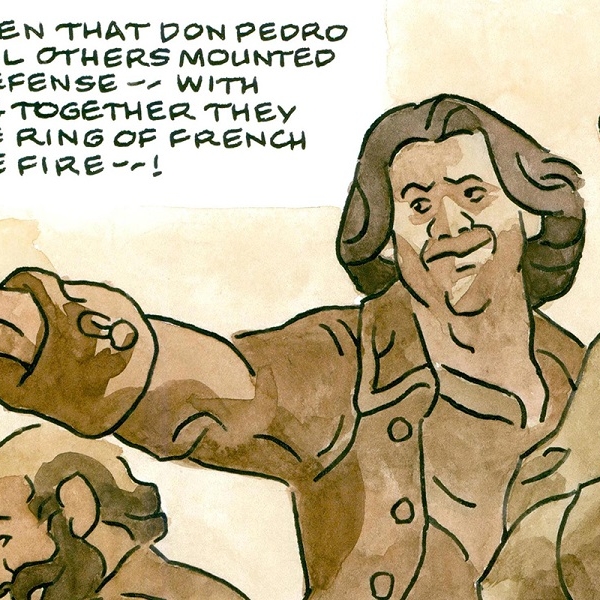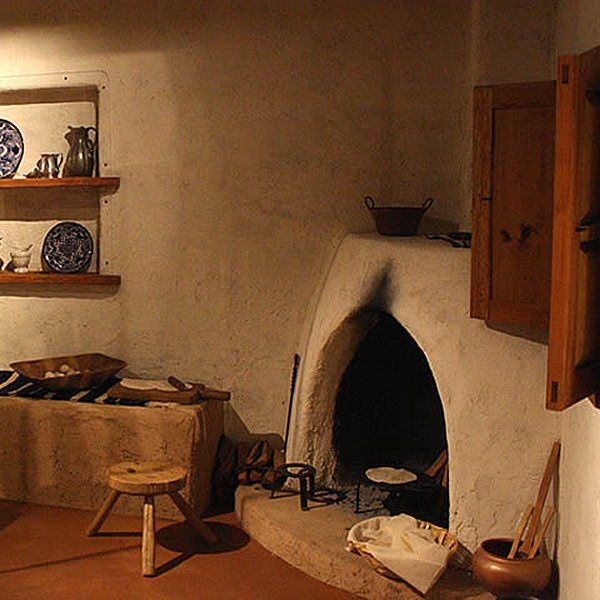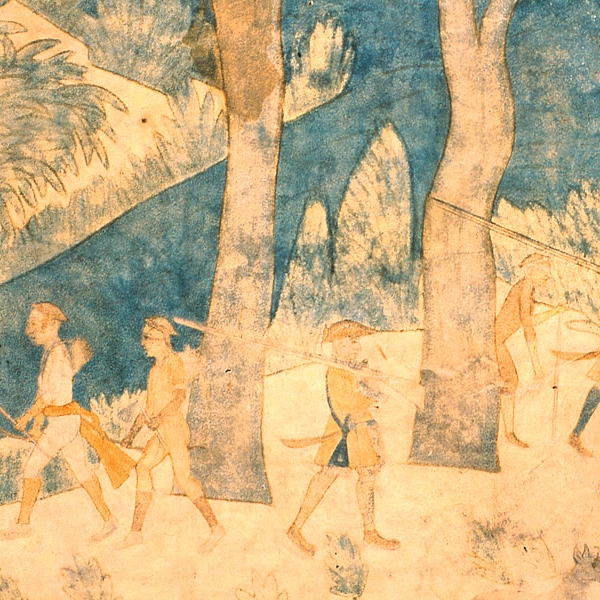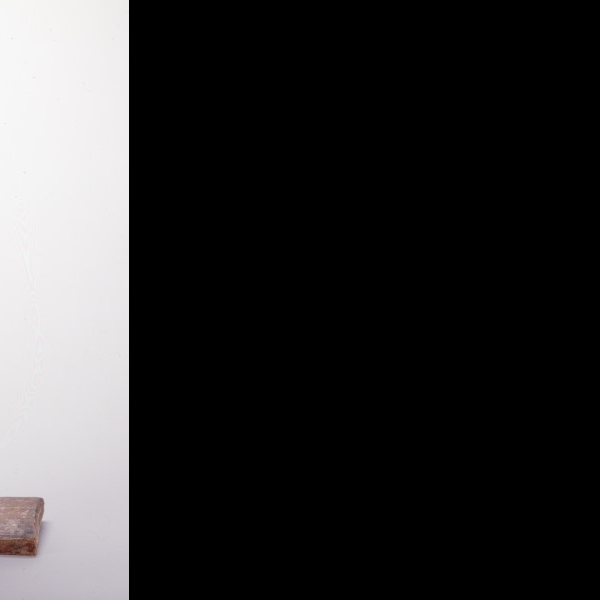Fort Selden Historic Site
Established in 1865 in an effort to bring peace to south central New Mexico.

As early as 400 AD, Mogollon Native American farmers lived on the land that would become Fort Selden centuries later. Fort Selden was built in the Mesilla Valley in 1865 to protect settlers and travelers from escalating hostilities as settlers encroached on the Mescalero Apache homelands. Fort Selden housed the famous Buffalo Soldiers, the name given to African American regiments by the Native Americans. In 1880, the Chiricahua Apache leader Geronimo fled the confines of the San Carlos Reservation in Arizona to launch the final years of the Apache Wars. The military, fearing the worst, reoccupied Fort Selden, which they had abandoned just two years earlier. During the next decade, Fort Selden was the home of a boy who would become a famous warrior himself — Douglas MacArthur, whose father was post commander. By 1890, hostilities had calmed, and in 1891, troops again were withdrawn from the fort.
Today, Fort Selden Historic Site preserves more than 1400 years of history. Ghostly adobe footprints are all that remain of Fort Selden, offering visitors a glimpse of another time. The visitor center hosts an exhibit on frontier and military life and showcases historic artifacts and photos.
New Mexico CulturePass
Your ticket to New Mexico's exceptional Museums and Historic Sites.
From Indian treasures to space exploration, world-class folk art to awesome dinosaurs—our museums and monuments celebrate the essence of New Mexico every day.
More Info »


Encounter Culture
Take a look inside the museums and historic sites of New Mexico without leaving home. Join host Charlotte Jusinski, and a variety of guest curators, artists, and exhibitors in exploring the art and culture of the state in Encounter Culture, a new podcast from the New Mexico Department of Cultural Affairs.



Featured DCA Exhibitions

The Massacre of Don Pedro Villasur
This exhibition features 23 original graphic history art works by Santa Fe-based artist Turner Avery Mark-Jacobs. This
more »

New Mexico Colonial Home - Circa 1815
The Spanish colonial home (la casa) gives visitors an idea of what a home from the time around 1815 would have looked
more »

Segesser Hide Paintings
Though the source of the Segesser Hide Paintings is obscure, their significance cannot be clearer: the hides are rare
more »

The Santos of New Mexico
As part of our Highlights from the Collection: The Larry and Alyce Frank Collection of Santos (saints), in the Palace
more »
